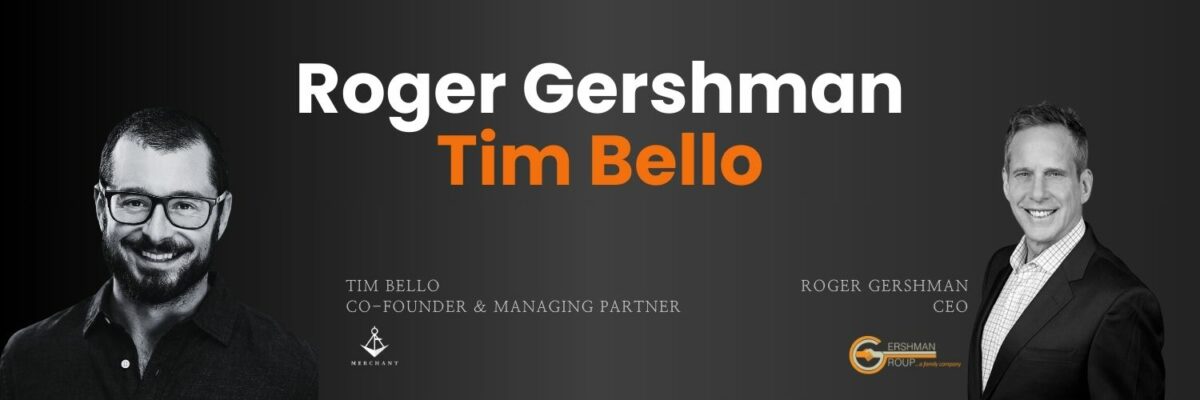We are a boutique financial services consulting firm with a nationwide presence in most every metropolitan city in America. Founded by Wall Street legend Norman Gershman, who also spent 25 years as an advisor at Merrill Lynch, The Gershman Group counsels many of the nation’s top 100 Barron’s advisors and Forbes Top Advisors with average AUM of $1Billion or more. Under our current leadership, Roger Gershman has grown the firm to have now counseled well in excess $200 Billion of AUM.
As a former advisor at Hambrecht & Quist, UBS and Credit Suisse managing a $1B Book, Roger is very fluent in advisors’ language, who understands the issues and concerns of our broad industry. His thought leadership, featured in Forbes, Fortune, and Barron’s, can be found in our articles section. With over 150 years of combined experience, our collaborative team empowers advisors with education regarding the broad landscape, competitive platforms, offering legal and maximum economic transition advice.
We’re on call 24/7, ready to guide advisors through decisions and execution. Elevate your journey with The Gershman Group.























